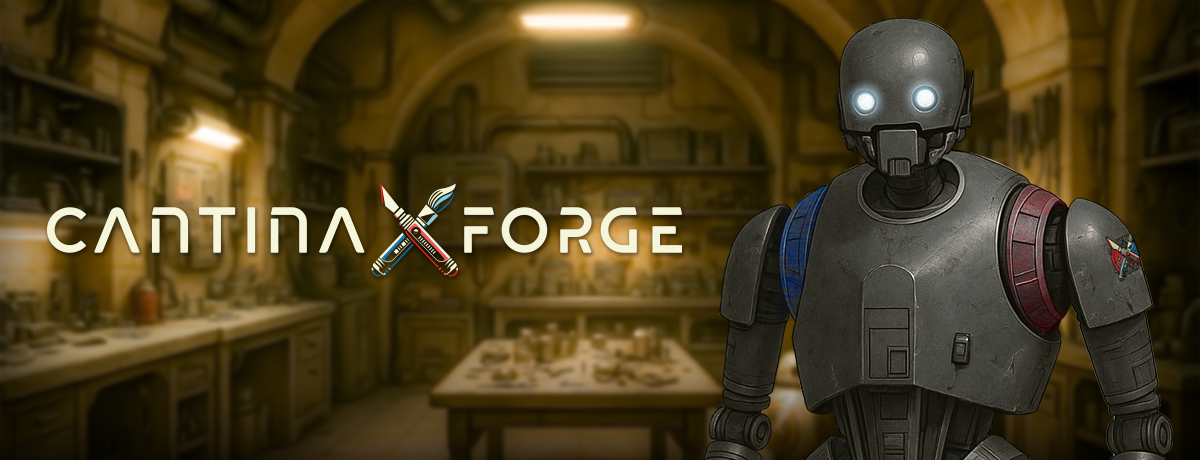
Bryce Dallas Howard speaks to Adam White about her famous father, the hyper-fame that never materialised for her, and why her storytelling mantra is simple: more peril and more dismemberment.
Bryce Dallas Howard has leapt to her feet, laughing wildly. “Whenever I’m on set, I’m just obsessed with danger.” She throws her arms from side to side. “I want danger! I wantpeople impaled! I want a high body count!” A chorus of her assistants and colleagues, sitting with us in a London hotel suite, hoot in recognition. “I want bodies on the wall!” Howard exclaims, “I want dismemberment!” Remember the Darksaber scene in The Mandalorian, she asks. I don’t! (She doesn’t hear me.) “It was so important to me that we saw it slice a body in half. No cutaways. No shadows. You had to see it. Because in storytelling, peril is powerful.” Howard smooths out her jacket and returns to her seat, point made. “Oh God, I can already see the headline,” she says. “‘Bryce Dallas Howard is a sick f***’. Hahahaha!”
I could never get away with that. But it’d at least be more succinct than “Bryce Dallas Howard, M Night Shyamalan muse turned Jurassic World boffin turned director behind a whole bunch of Star Wars TV shows, is actually far more delightfully kooky than you might imagine”. That’s too much of a mouthful. But, as proven by a bit of time in her company, it is largely true.
A little like her father Ron, the director behind a vast and eclectic catalogue of modern classics including Splash, Apollo 13 and Frost/Nixon, Howard has typically been defined by her sturdiness: always dependable, never unwelcome, a true-blue, gold-star Hollywood worker-bee. But that reputation feels limiting, and does her a disservice as an actor. Glance over her 20 years of credits and you’ll be reminded of the ethereal terror she brought to Shyamalan’s The Village, the comic mania of her work in the Black Mirror episode “Nosedive”, or the very English disappointment she embodied so powerfully in the Elton John biopic Rocketman. Is it a surprise to learn that she’s also a big advocate for on-screen carnage and wrote a school paper on man’s inclination towards violence at the age of 12? Yes! But really it’s our fault for not discovering it sooner.
“When I was growing up, I had a lot of difficulties learning and communicating,” she remembers. “I was always very happy and smiley, but not extremely verbal. It was unclear what intelligence was there, and how much I was really processing.” Her parents took her to a psychologist, who later sat them down to talk about their findings. “Can we talk about the dead babies?” the therapist would ask. “Because Bryce talks a lot about dead babies.” Howard erupts into laughter.
It wasn’t as bad as it sounded, she insists. She just loved a bit of dystopian fiction, some Handmaid’s Tale, 1984 and Shirley Jackson – anything vaguely macabre she had to get her hands on. “I was such a messed up kid – I would walk around the Disney lot reading about euthanasia. But I also wasn’t dark. There was just a sort of intensity to my feelings and the stories I was curious about.”
Inevitably, Howard had a very different childhood to you or me. Through her father, she grew up on film sets. She was always told to stay away from the actors so as to not disturb them, so would instead set up shop with the camera department, the first assistant directors and the sound guys, soaking up every corner of movie-making. It wasn’t until she was in high school that she even entertained the prospect of acting herself.
One of the main threads for Kat, Howard’s character in Deep Cover, is how often she is told to give up on her dreams – they provide some of the film’s funniest moments, Howard wincing her way through pass-agg interactions with a parade of smug, Motherland-style mums. Howard says she never experienced that sort of thing herself when she was starting out, but that her parents made it clear that she needed to train, learn her craft and support herself through work. “I felt very lucky because I never had it in my head that if I wasn’t making a living from acting, I was then failing,” she says. But she also always knew that her circumstances were exceptional. “I’m a third-generation performer,” she says (her grandparents were the actors Rance and Jean Speegle Howard). “The layers of privilege that I’ve experienced means that there’s a lot that I’m aware of [about the industry], and there’s a lot that I will never be able to understand because of that.”
Read the interview in full here, and Deep Cover is available exclusively on Prime Video now.
The post Bryce Dallas Howard: ‘I was such a messed up kid’ appeared first on Jedi News.
